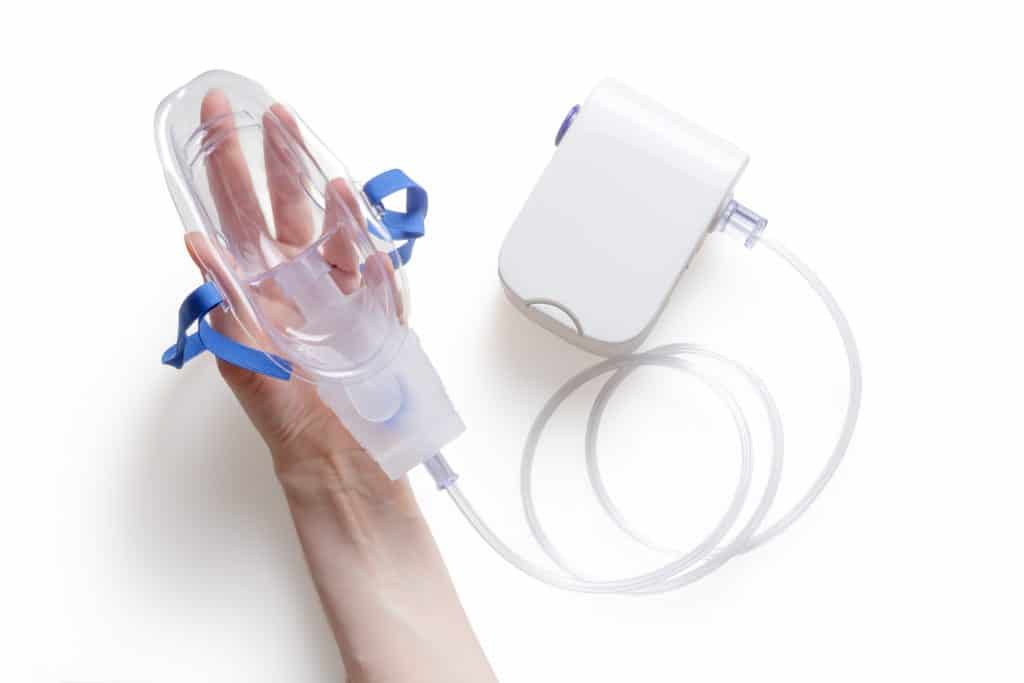
CanSino’s inhaled COVID vaccine performs well in early trials
pharmafile | July 28, 2021 | News story | Manufacturing and Production, Research and Development |
Early-stage data, published in The Lancet on Monday, has shown CanSino Biologic’s inhaled COVID-19 vaccine was able to stimulate neutralising antibodies against SARS-CoV-2 at a dose well below that required with intramuscular administration.
The Phase I study was conducted in China and involved 130 healthy adult participants, with two inhaled doses of the Ad5-nCoV vaccine given 28 days apart.
The trial found that a two-dose regimen of aerosolised Ad5-nCoV was similar to that achieved with a single, intramuscular dose of the same vaccine. Administration of the new version was painless and the regimen well tolerated.
The vaccine was also found to stimulate both neutralising antibodies and T cell responses – the latter is thought to play a role in recognising and killing infected cells and stimulating antiviral cytokines – after a single dose.
Data from the study indicates that aerosol vaccination could trigger a higher ratio of neutralising antibodies to total antibodies than intramuscular vaccinations, and that a combination of an intramuscular first dose followed by an aerosol second may provide the best results overall.
The researchers acknowledge however that the study is small, so those hypotheses will have to be tested in ongoing Phase II and III trials.
Ad5-nCoV is already approved in China and other countries around the world as a one-dose jab called Convidecia, and was shown to be around 66% protective in a clinical trial reported in February. CanSino moved the inhaled formulation into clinical testing in April.
The study found that the doses needed for Ad5-nCoV were 20% or 40% of that needed with the injected version, meaning supplies can be made to stretch further. The vaccine also only requires standard refrigeration temperatures.
The hope is that inhaled vaccines may also be more effective at stimulating mucosal immunity in the lungs, which provides a first line of defence against respiratory pathogens, and the researchers suggest their early data on antibody and cellular responses back up this hypothesis.
The vaccine will be delivered through a nebuliser, and CanSino is currently working on its development with the Beijing Institute of Biotechnology.
Kat Jenkins






